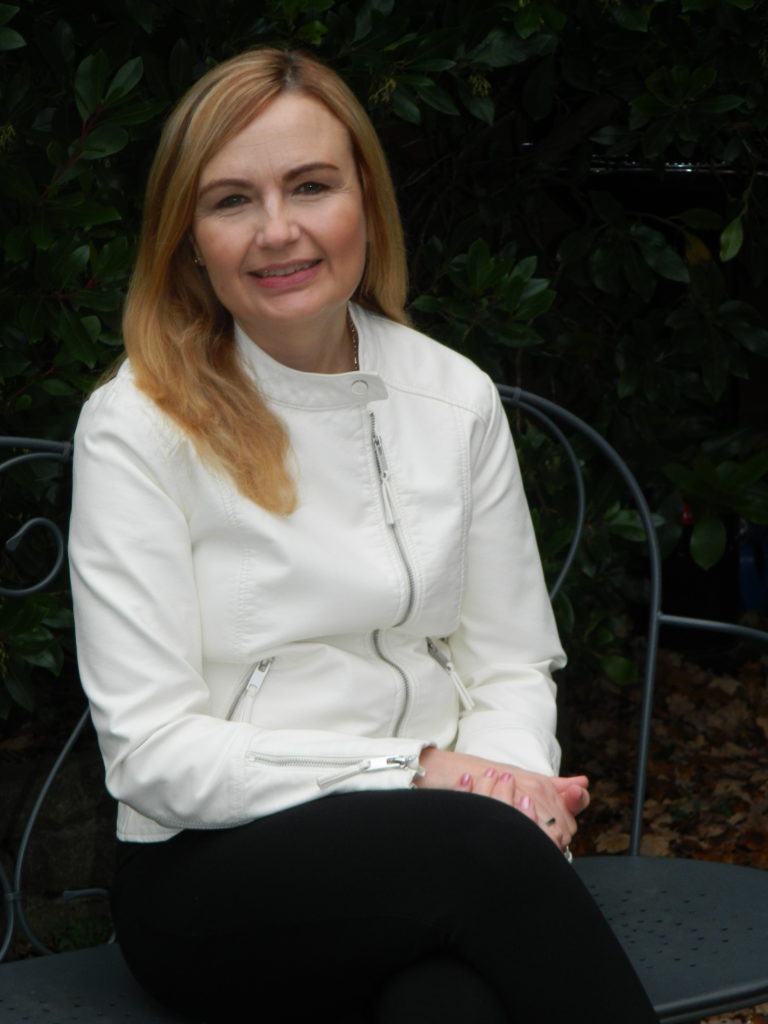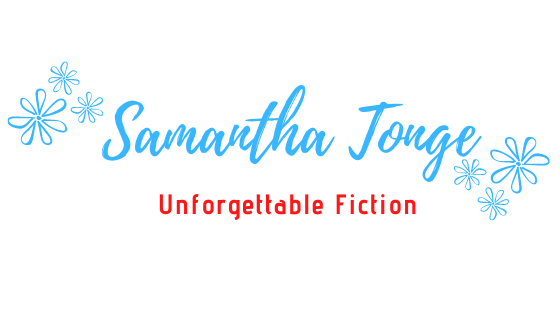I don’t make New Year’s Resolutions anymore. But for years I used to. And oh how grandiose they were, without me even realising it.
“This year I will get published.”
“This year I’ll stop drinking.”
Over the years I’ve pledged to reach career heights or sort out all my mental health issues within the space of twelve months.
And every time I’ve failed to reach my set goal. Is it any wonder?
I’d advise you to look carefully at any resolution you make and give it a good edit. Pare it down to the minimum – otherwise you are going to end up disheartened and disappointed.
Let’s take my example of pledging to get published. For a number of years I vowed I would accomplish this but it’s impossible. It didn’t matter how hard I worked, so much of achieving that target is out of an author’s control. Your manuscript has to fall into the hands of the right agent and publisher, and for commercial fiction it has to be suited to the market and your writing needs to be at the top of your game…
So, in time, I learned to make my writing resolutions more realistic. For example “This year I will polish my manuscript and send it out to ten agents” or “This year I will enter some writing competitions and if I can save enough money pay have an editorial report done on my current work-in-progress.” There are many steps to getting published and it is far more satisfying, as time passes, to tick off each one as you accomplish it. Appreciating the journey and looking at it as a series of smaller parts will make it far more likely you’ll reach that ultimate destination.
And this applies once you have signed your first publishing contract. Hands up, secretly I still covet that film deal and stroll down the red carpet. But if I made that my New Year’s resolution, the likelihood is I’m going to feel like a massive failure by the end of the year when I haven’t cast Jason Momoa in the lead of my latest novel or been interviewed on Graham Norton’s sofa!
My resolutions to stop drinking were also unrealistic. Like publishing, the journey to sobriety is made up of many steps. But I’d try in one giant leap and just stop point blank without changing any other aspect of my life. Of course, I would fall off the wagon by the end of January (or often its first week) and feel like a complete loser. Addiction services and AA helped me to refine and edit my goals.
For example, I had quirky routines around my drinking and one was that I’d never allow myself to start before 6.40pm. So a first step – a first resolution, a first small change – was to break this habit by going for a coffee, having a bath, cooking or taking up a hobby at that specific time each day, instead. And doing this was the first step to stopping drinking all together. Each day I managed this, it inspired me to continue my journey.
So go and edit your resolution. Step back from the bigger picture. Analyse exactly what it is you really need to do, to reach your ultimate target. For example to you need to lose two stone? Perhaps resolve to cut out snacks and get off the bus one stop early to walk, as a starting point, instead of embarking on a crash diet.
The photo below is of a writer who’s had highs and lows but has learnt to appreciate ALL the special moments along the way, big or small, such as great reader feedback, foreign rights sales or simply an editor’s enthusiasm. It’s also of a woman who this week turned two years sober. Oh I slipped after three months, and picked up again – that taught me a lot. And I still have days where I want to drown my problems in a bottle of wine. But I don’t. I continue to pursue my goal, one day and one task at a time, relishing the smaller milestones and victories that keep pushing me forwards to living my dream.
And – most importantly of all – I don’t beat myself if I fail at the target I’ve set myself.
As Nelson Mandela once said:
“I never lose. I either win or learn.”


